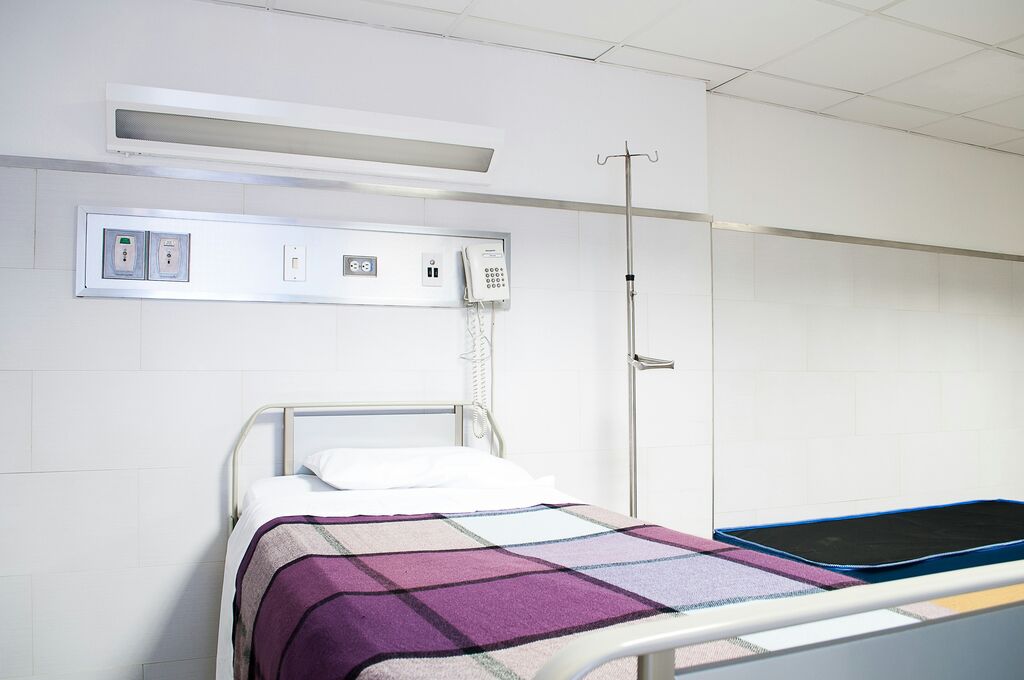Assisted Suicide
France's National Assembly votes to legalise assisted suicide

France’s National Assembly has passed a highly controversial Bill that would legalise assisted suicide, marking a significant shift in the country’s approach to end-of-life care.
The Bill passed the lower house by a vote of 305-199, and it will now move to the Senate—the upper house—and back to the lower house again for a second reading. If passed, it will likely become law by next year.
The proposed legislation would allow adults with incurable illnesses experiencing "intractable physical or psychological suffering" to request medical assistance in dying.
A medical team would determine if a patient is eligible to "gain access to a lethal subsance when they have expressed the wish." This would then be administered by a doctor or nurse if the patient is unable to do so themselves.
Health Minister Catherine Vautrin described the proposal as a “text of balance,” asserting that it respects personal freedom while setting strict criteria to prevent abuse.
According to the Bill, individuals would need to be French residents, over 18, of sound mind, and able to confirm their request multiple times. The final act would be carried out either by the person themselves or, if unable, by a doctor or a trained healthcare worker.
Demonstrations were held outside the National Assembly, with one woman with Parkinson's disease saying it would be like a "loaded pistol left on my bedside table."
France currently operates under the Claeys-Leonetti law (2016), which permits continuous deep sedation until death but does not allow active euthanasia or assisted suicide.
The new proposal would place France alongside a small group of countries—such as Belgium, the Netherlands, and Canada—where such practices are legal under regulated frameworks.
If approved, the law would mark one of the most far-reaching euthanasia policies in Europe and could set a precedent for other countries considering similar changes, such as the UK.
Share
